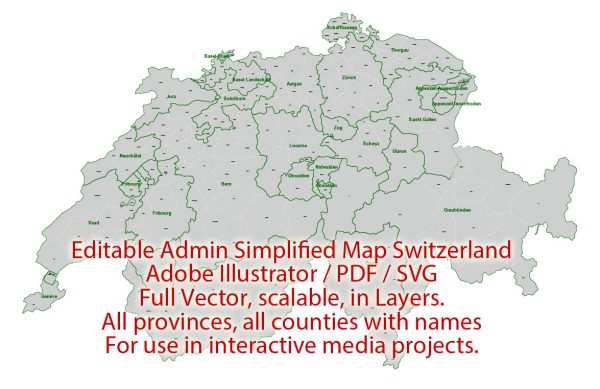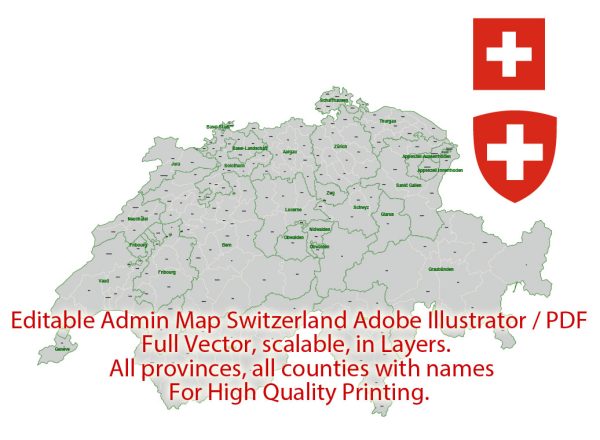Switzerland has an extensive and well-developed road system that is known for its high quality and efficiency. The road network in Switzerland is known for its excellent maintenance and organization, making it a popular mode of transportation for both residents and tourists. Here are some key features of Switzerland’s road system:
- Highways (Autobahnen): Switzerland has a network of well-maintained and modern highways, denoted by green signs. These highways are known for their excellent quality and are toll roads. The speed limit on Swiss highways is typically 120 km/h (75 mph), although it can vary in some areas.
- National Roads (Hauptstrassen): National roads, denoted by yellow signs, connect major cities and regions. They are usually well-maintained and provide efficient routes for traveling across the country.
- Regional and Local Roads: Switzerland has an extensive network of regional and local roads, providing access to smaller towns and more remote areas. These roads are also typically in good condition, but they may be narrower and windier in mountainous regions.
- Mountain Passes: Switzerland is famous for its scenic mountain passes, which can be challenging to drive but offer breathtaking views. Some well-known mountain passes include the St. Gotthard Pass, the Grimsel Pass, and the Furka Pass.
- Tunnels: Switzerland has a number of tunnels, including some of the world’s longest and most famous, such as the Gotthard Base Tunnel. Tunnels are a common feature of the Swiss road system, allowing for efficient travel through the mountainous terrain.
- Road Signs: Road signs in Switzerland are well-marked and standardized, making navigation relatively easy for drivers. Signs are in Swiss German, French, and Italian, reflecting the country’s multilingual culture.
- Traffic Rules: Switzerland has strict traffic rules and regulations. It’s important to be aware of these rules, including right of way, speed limits, and parking regulations. Driving under the influence of alcohol or drugs is strictly prohibited.
- Winter Conditions: Switzerland experiences harsh winters, especially in the Alpine regions. During the winter months, it is mandatory to have winter tires and snow chains on your vehicle when driving in some areas. It is also advisable to check the weather and road conditions before embarking on a journey during the winter season.
- Roadside Assistance: In case of breakdowns or emergencies, Swiss roads have emergency telephones at regular intervals. The Swiss roadside assistance service (TCS – Touring Club Suisse) provides help in case of emergencies.
- Toll System: Switzerland has a toll system for using its highways, known as the “Vignette.” You are required to purchase and display a vignette on your vehicle’s windshield to use the highways. Toll fees may also apply for certain tunnels and mountain passes.
Switzerland’s road system is generally efficient, safe, and well-maintained, making it a convenient mode of transportation for both residents and tourists. However, it’s essential to be aware of local regulations and conditions when driving in Switzerland.



 Author: Kirill Shrayber, Ph.D. FRGS
Author: Kirill Shrayber, Ph.D. FRGS